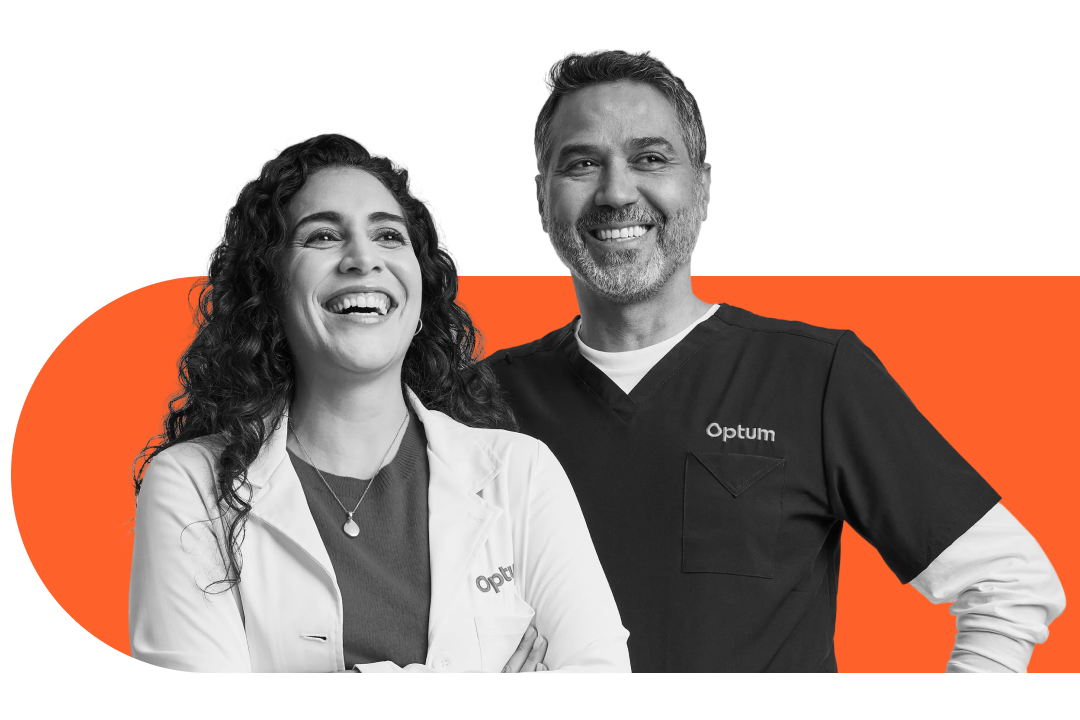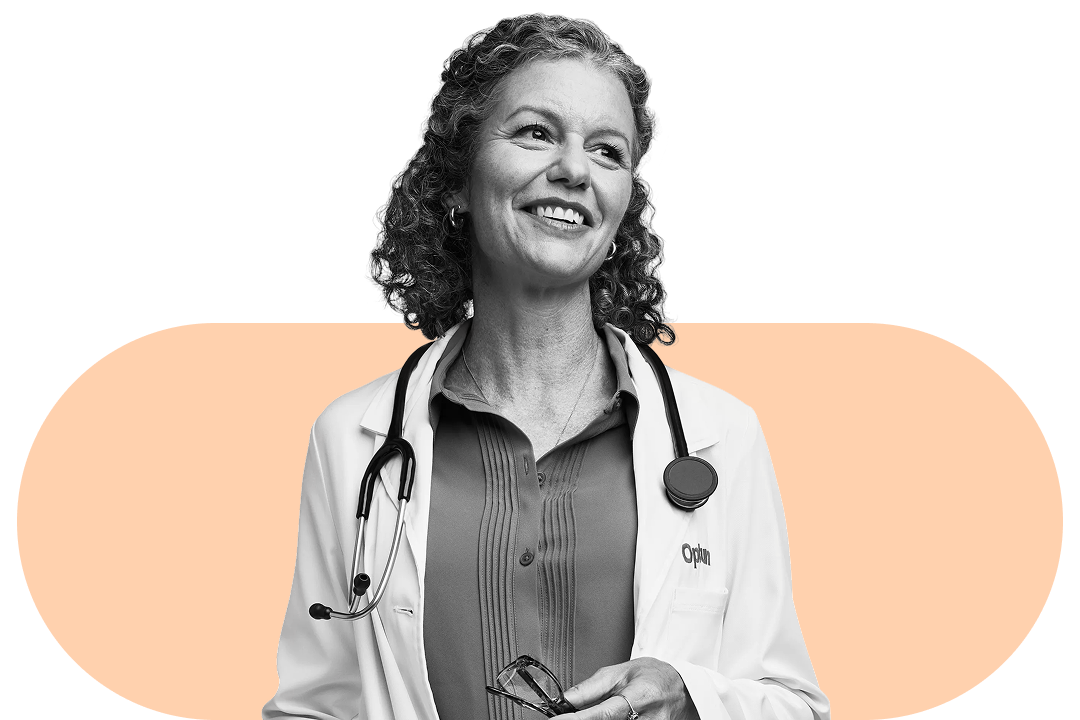Advance care, efficiency and outcomes
Consulting services
Helping organizations create change and drive growth
Data and analytics
Turning real-world data into valuable insights
Financial solutions
Creating a unified system that lowers the cost of healthcare
Health benefits solutions
Empowering employers and members
Healthcare access
Improving the patient and member journey
Operations and technology
Evolving organizations through market-leading technology and expertise
Pharmacy benefit management
Driving better outcomes and lowering costs
Pharmacies
Increasing medication adherence and access

An industry partner offering solutions
scaled to your needs
Payers
4 out of 5 U.S. health plans rely on us to boost member health and improve operations.
Providers
We support physicians, hospitals and pharmacies with innovative solutions.


Employers, brokers and consultants
Fortune 100 companies trust us to enhance employee health and manage costs.
Government
We partner with all 50 states and the District of Columbia to improve public health outcomes.
Life sciences
We support 120 global life sciences companies to drive innovation and improve patient outcomes.

Industry insights and analysis

Article
Examine the acceleration toward consumer-centric care with insights and perspective from healthcare leaders.

Article
From predicting drug trend to earlier fraud protection, see how we’re leveraging AI to improve operations for clients and members.

Article
Explore the challenges and opportunities in using mental health data to understand prevalence, risk, impact and treatment in patients, members and communities.

Article
Assessing vendors is daunting enough. But for many employers, limited data, contract variations and employee confusion add complexity.
Current customer resources
Explore helpful resources and get support.
Get reliable support
Find product support portals, enrollment forms, payer lists and more.
Join our community
Whether it's about health care, financial or pharmacy-related services, we'll help you find the answer you need.


